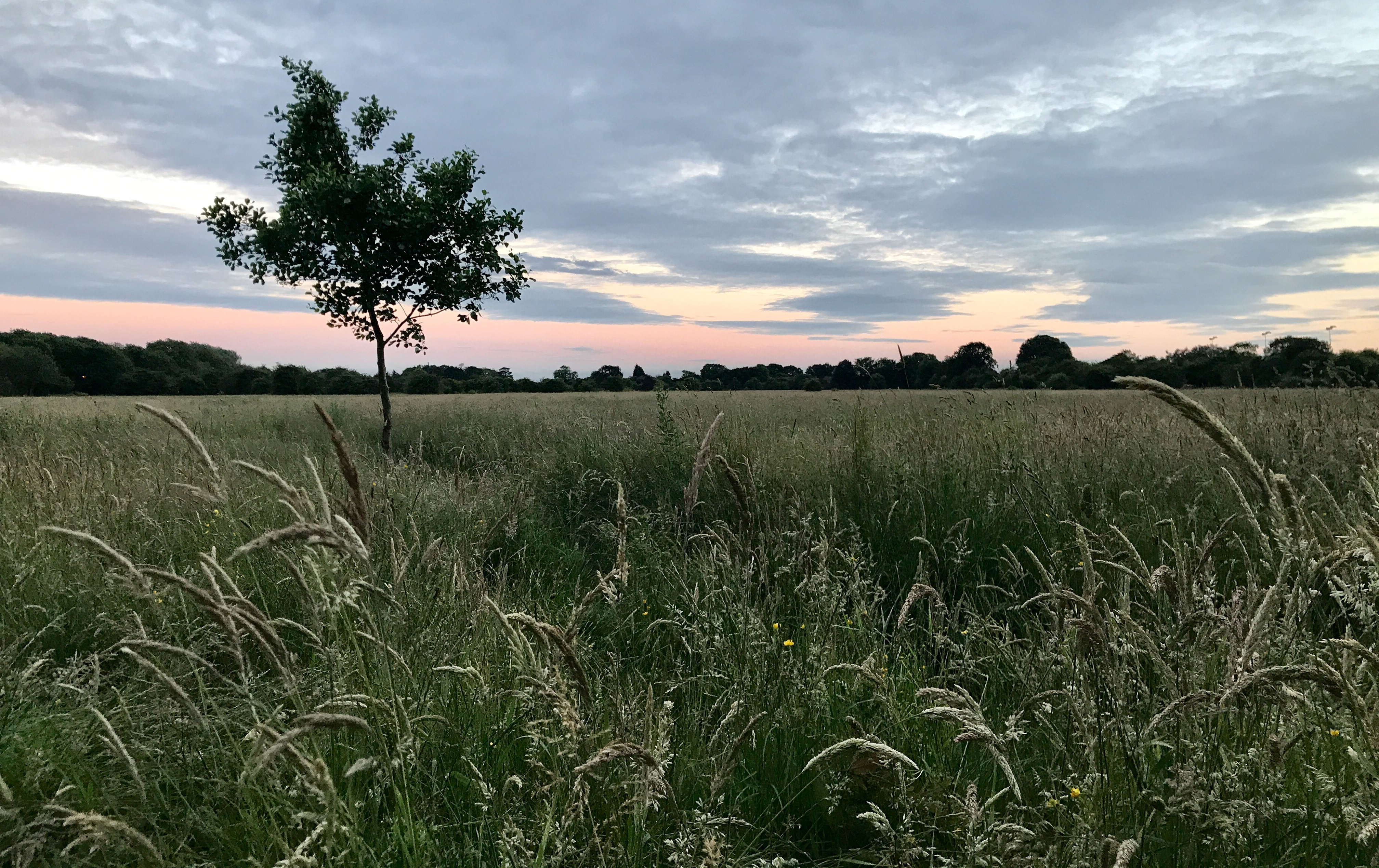Louisa Gibson
Is the book always better than the film? It may be considered a universal truth that the film is an inferior, diluted copy of the book it was born from. However, a look at any list of top films will find revered films adapted from books that do not enjoy the same critical success as their on-screen portrayal.
But as we debate the merits of both the book and the film, another contender is increasingly influential – the TV adaption. Once considered inferior to film, the TV adaptation has benefitted from powerful companies such as Netflix, Amazon and Apple pouring billions into TV production. TV is now more powerful than ever.
The rights to hundreds of books have been acquired by TV studios during the Covid-19 pandemic. It is no longer assumed that the preferred route to adapt a book is through a film. While a film has only a couple of hours to do justice to a story, often omitting extensive detail from its source material, a TV series allows for a more faithful, leisurely adaptation, providing hours to develop characters and storylines.
The opportunity for large-scale world-building in a television series, particularly lends itself to adapting fantasy. We have only to look at the popularity and critical acclaim of HBO’s Game of Thrones (an adaptation of George R. R. Martin’s fantasy book series A Song of Ice and Fire) to see the effectiveness of television as a medium for adapting a book with a large set of characters and branching storylines. However, when the Game of Thrones writers were left without the books to guide them, the storylines unravelled, resulting in a conclusion that was universally panned.
Yet, straying from the book can be successful. Following the critical acclaim of the first season of Big Little Lies (an adaptation of Liane Moriarty’s thriller of the same name), a second season was produced, starring Meryl Streep no less. The second season continued the narrative from the first but with freedom for its writers to create their own storylines. Not only does TV allow for a closer adaptation of literature, it also provides space to expand on it
Indeed, it is now common for authors to be involved in the adaptation of their books – often with a producer credit – providing further understanding of the fictional world they created. This is a creative control they were traditionally denied in the film-making process.
Audiences continue to be bombarded with new TV programmes, which are easier to access and consume through streaming services than the books they are based on. Consequently, it is common to read a book after enjoying it as a TV series, rather than the other way round. As such, it is no longer just the question of does the adaptation live up to the book, but does the book live up to its adaptation?
Image Credits: HBO
Categories: Film & TV


